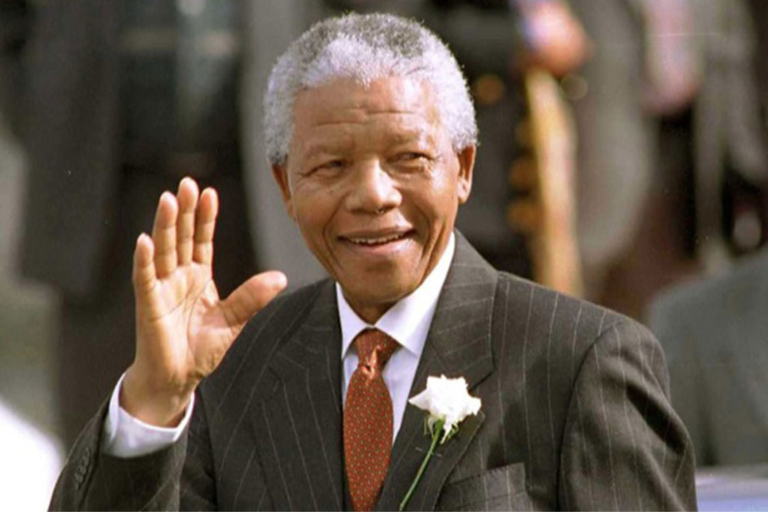Nelson Mandela, the iconic anti-apartheid revolutionary and former President of South Africa, is widely celebrated for his role in dismantling institutionalized racism and advocating for equality. While many are familiar with his significant achievements, there are lesser-known aspects of Mandela’s life that reveal the depth of his character and the challenges he faced. Here are 10 surprising facts about Nelson Mandela that provide a more nuanced understanding of his extraordinary journey.
1. Mandela’s Given Name

Nelson Mandela’s birth name was actually “Rolihlahla,” which in Xhosa, his native language, means “pulling the branch of a tree” or metaphorically, “troublemaker.” The name “Nelson” was given to him by a teacher on his first day of school, following the custom of assigning English names to African students.
2. Mandela’s Early Education

Despite growing up in a rural village with limited educational resources, Mandela’s determination led him to pursue a Bachelor of Arts degree at the University of Fort Hare. Unfortunately, he was expelled for participating in a protest against university policies.
3. A Lawyer by Training

Mandela studied law at the University of Witwatersrand and later became South Africa’s first black lawyer. His legal background played a crucial role in his activism, allowing him to navigate the complexities of the legal system in his fight against apartheid.
4. A Boxer’s Spirit

In his youth, Mandela was an enthusiastic amateur boxer, a passion that contributed to his physical resilience and determination. His experience in the ring taught him valuable lessons about discipline and strategy.
5. Mandela’s Disguised Identity

During his anti-apartheid activities, Mandela operated under various aliases, including “David Motsamayi” and “Black Pimpernel,” to avoid detection by the authorities. This clandestine approach was crucial for organizing resistance against the oppressive regime.
6. Mandela’s Nobel Peace Prize

In 1993, Nelson Mandela was awarded the Nobel Peace Prize jointly with F.W. de Klerk, the last apartheid-era President of South Africa. The prize recognized their efforts in negotiating the end of apartheid and establishing a multiracial democratic government.
7. The Robben Island Garden

While imprisoned on Robben Island for 18 of his 27 years behind bars, Mandela cultivated a small garden hidden within the prison courtyard. This act of resilience and connection to nature provided him with solace and a sense of normalcy during challenging times.
8. Mandela’s Love for Sports

Mandela was an avid sports fan, particularly of boxing and soccer. He understood the unifying power of sports and believed in its ability to bring people together across racial and cultural divides.
9. Mandela’s Personal Sacrifices

Mandela’s dedication to the anti-apartheid cause came at great personal cost. He endured the strain of being separated from his family for extended periods and missed many key moments in his children’s lives due to his commitment to the struggle.
10. Mandela’s Legacy

Beyond his presidency, Mandela’s legacy lives on through the Nelson Mandela Foundation, established in 1999, which focuses on promoting his values of democracy, freedom, and equality. The foundation continues to work towards a just and inclusive society in South Africa and beyond.



GIPHY App Key not set. Please check settings